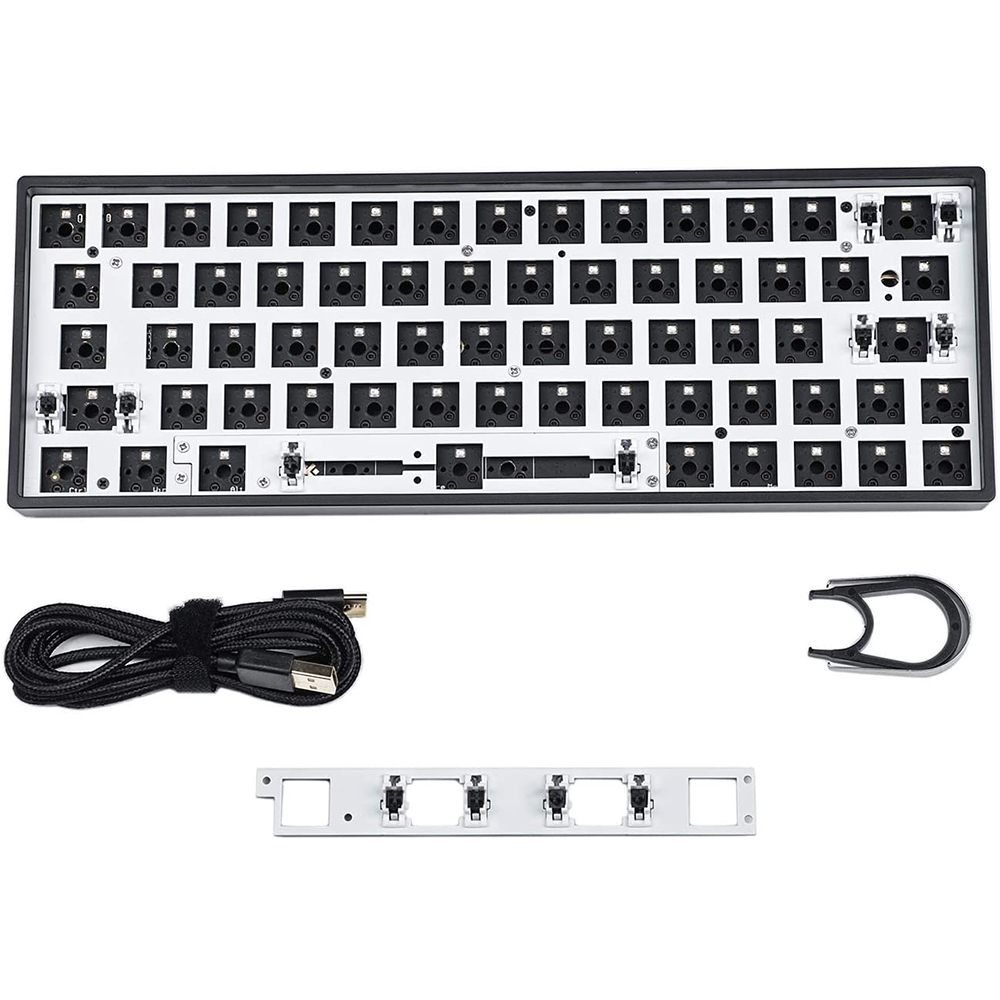PHP PART 3: OPERATORS AND EXPRESSIONS IN PHP
Please Subscribe Youtube| Like Facebook | Follow Twitter
Operators and Expressions in PHP
In this article, we’ll cover the most commonly used operators and expressions in PHP, along with their syntax, examples, and outputs.
Operators and expressions are fundamental components of any programming language, and PHP is no exception. Operators are symbols used to perform specific operations on values or variables, while expressions are combinations of values, variables, and operators that produce a result. In PHP, operators are arithmetic, comparison and logical. Let’s take a closer look at each type and how they work.
Arithmetic Operators
Arithmetic operators are used to perform basic mathematical operations such as addition, subtraction, multiplication, division, and modulus. Here is an example of how these operators work in PHP:
<?php
$a = 10;
$b = 5;
// Addition
echo $a + $b; // Output: 15
// Subtraction
echo $a - $b; // Output: 5
// Multiplication
echo $a * $b; // Output: 50
// Division
echo $a / $b; // Output: 2
// Modulus
echo $a % $b; // Output: 0
?>15 5 50 2 0
Comparison Operators
Comparison operators are used to compare two values or variables. They return a boolean value, either true or false, based on the comparison. Here is an example of how these operators work in PHP:
<?php
$a = 10;
$b = 5;
// Equal to
echo $a == $b; // Output: 0
// Not equal to
echo $a != $b; // Output: 1
// Greater than
echo $a > $b; // Output: 1
// Less than
echo $a < $b; // Output: 0
// Greater than or equal to
echo $a >= $b; // Output: 1
// Less than or equal to
echo $a <= $b; // Output: 0
?>
Output
0 1 1 0 1 0
Logical Operators
Logical operators are used to combine two or more conditions to form a single, more complex condition. They return a boolean value based on the result of the combined conditions. Here is an example of how these operators work in PHP:
<?php
$a = 10;
$b = 5;
$c = 3;
// And operator
if ($a > $b && $a > $c) {
echo "A is the largest number.";
} // Output: A is the largest number.
// Or operator
if ($a == $b || $a == $c) {
echo "A is equal to either B or C.";
} // Output: A is equal to either B or C.
// Not operator
if (!($a == $b)) {
echo "A is not equal to B.";
} // Output: A is not equal to B.
?>
Output
A is the largest number. A is equal to either B or C. A is not equal to B.
Conclusion
In this article, we’ve covered the main operators and expressions in PHP, which are fundamental building blocks of any program. We started by introducing arithmetic operators, which allow us to perform basic calculations with numeric values. We then moved on to comparison operators, which enable us to compare values and evaluate conditions. Finally, we saw logical operators, which let us combine conditions and control the flow of a program.
PHP Beginner Tutorial Series
- PHP Part 1: Setup and Introduction
- PHP Part 2: Basic Data Types and Variables in PHP
- PHP PART 3: OPERATORS AND EXPRESSIONS IN PHP
- PHP PART 4: CONTROL FLOW STATEMENTS IN PHP
- PHP Part 5: Functions In PHP
- PHP PART 6: ARRAYS IN PHP
- PHP Part 7: String Manipulation In PHP
- PHP Part 8: Object-Oriented Programming In PHP (Classes And Objects)
- PHP Part 9: Object-oriented Programming In PHP (OOP Pillars)
- PHP Part 10: Exception Handling in PHP
 Mens Winter Single Breasted Big Pockets Mid Long Casual Coats
Mens Winter Single Breasted Big Pockets Mid Long Casual Coats
 Mens Contrast Patchwork Flap Pocket Decoration Short Sleeve T-Shirts
Mens Contrast Patchwork Flap Pocket Decoration Short Sleeve T-Shirts
 Orange Pi 800 Development Board 4GB RAM 64GB
Orange Pi 800 Development Board 4GB RAM 64GB
 Mens Casual Corduroy Hooded Button Pocket Comfy Shirts
Mens Casual Corduroy Hooded Button Pocket Comfy Shirts
 E500 1.83 inch HD Screen ECG Monitor Heart Rate Blood Pressure
E500 1.83 inch HD Screen ECG Monitor Heart Rate Blood Pressure
 35L Outdoor Backpack Men Women Waterproof Travel Trekking Backpack
35L Outdoor Backpack Men Women Waterproof Travel Trekking Backpack
 Home Steam Sauna Box Steam Room Fumigation Machine Steam Sauna Bath Sauna Heater
Home Steam Sauna Box Steam Room Fumigation Machine Steam Sauna Bath Sauna Heater
 GPD WIN Max 2 LPDDR5 32GB RAM 2TB SSD AMD R7 6800U Windows 11 Gaming Notebook 10.1 Inch Laptop Portable Game Computer Handheld Game Console US Plug
GPD WIN Max 2 LPDDR5 32GB RAM 2TB SSD AMD R7 6800U Windows 11 Gaming Notebook 10.1 Inch Laptop Portable Game Computer Handheld Game Console US Plug
 SKYLOONG GK64X GK64XS Keyboard Kit RGB Hot Swappable 60% Programmable bluetooth Wired Case Customized Kit PCB Mounting Plate Case with Replacable Space Key
SKYLOONG GK64X GK64XS Keyboard Kit RGB Hot Swappable 60% Programmable bluetooth Wired Case Customized Kit PCB Mounting Plate Case with Replacable Space Key